Unfinished business for Climate Action Council
The state Climate Action Council has big unresolved issues left to tackle with less than two months before it’s due to produce a blueprint for dramatically reducing greenhouse gas emissions in New York.
Speaking on The Capitol Pressroom, council co-Chair Doreen Harris, president and CEO of NYSERDA, identified the future role of low-carbon fuels, funding for green initiatives, and the pace of building electrification requirements as questions that need to be answered before a scheduled December 19 vote on a scoping plan.
“But we’ve landed a lot of issues along the way and I’m feeling really optimistic, as we head toward the end of the year,” Harris said.
The council is looking at utilizing low-carbon fuels in areas of the economy that might be hard to electrify, such as industrial business and heavy-duty transportation. “It is certainly part of the transition (to green energy sources), but it is also part of producing a plan that is reflecting feasible resources that can be used to achieve its objectives,” Harris said.
As to the funding for the plan, it’s clear that New Yorkers, through their energy bills, will help pay for renewable energy projects and the state is expecting to utilize federal dollars, such as funds in the Inflation Reduction Act. Harris said the council’s plan will identify other possible ways to foot the bill, including “cap and invest scenarios,” but might not make recommendations on new revenue sources to tap.
“Our goal with the plan is to have as much specificity as we can, given the very important implementation work that that needs to ensue in 2023 and beyond,” she added. “I would just say as a general matter, it’s helpful to be as specific as we can in the plan.”
With regards to the possibility of relaxing previously proposed requirements on the electrification of new construction, Harris acknowledged the issue was up in the air and stressed that a one year change wouldn’t have a significant impact in achieving the state’s goals in the Climate Leadership and Community Protection Act.
Once the scoping plan is completed by the council, it will be handed off to the state Department of Environmental Conservation, which is responsible for crafting the rules and regulations that will implement the blueprint. DEC Commissioner Basil Seggos, a co-chair of the council, told The Capitol Pressroom that he anticipates his department will get additional staff to tackle this work.
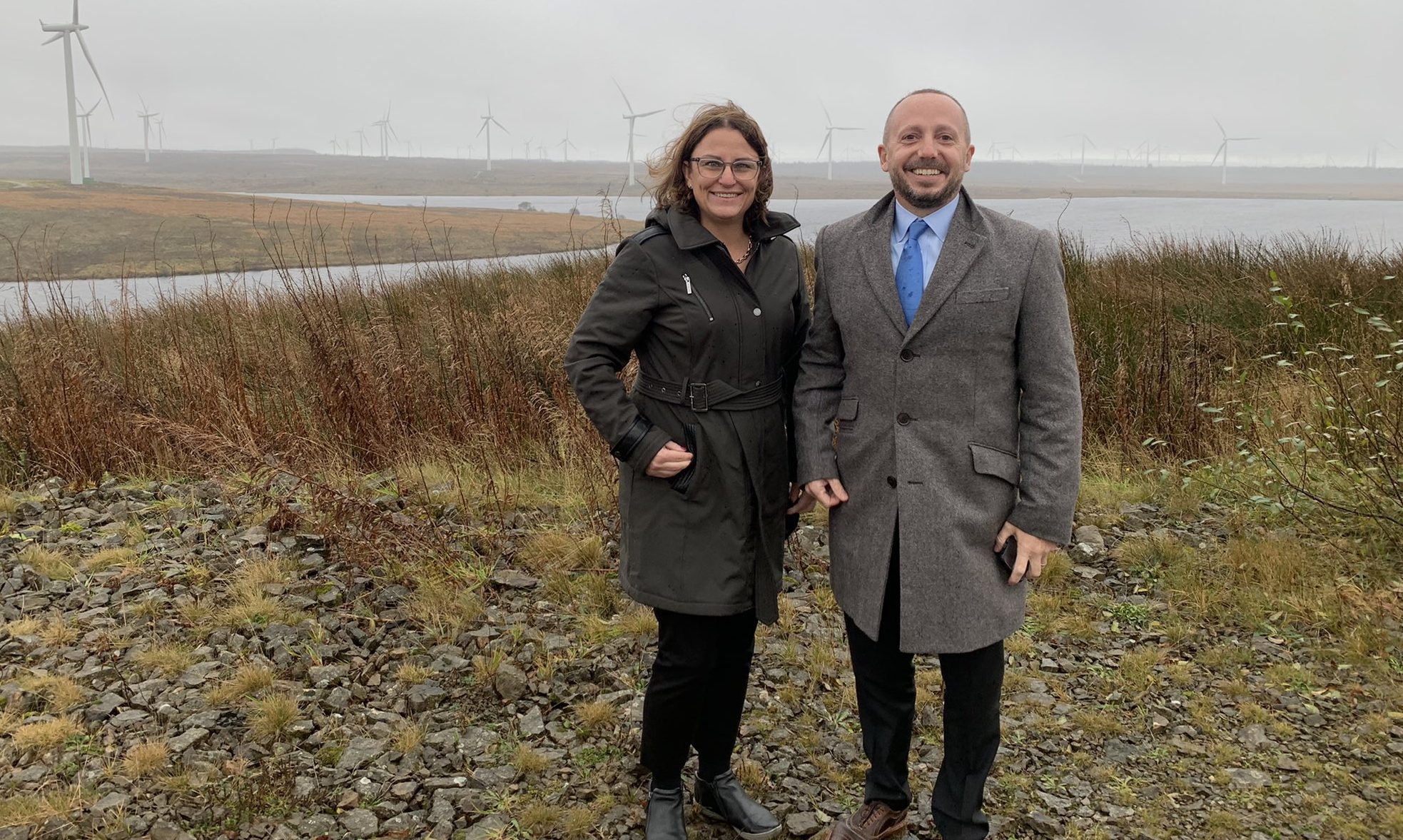




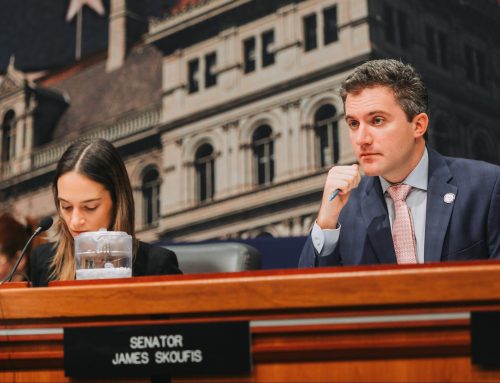
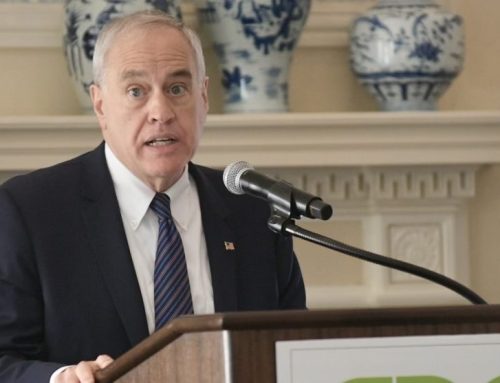
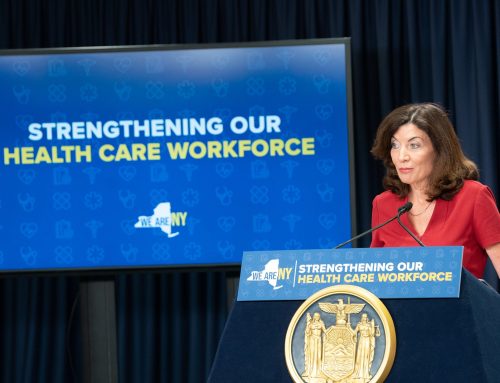
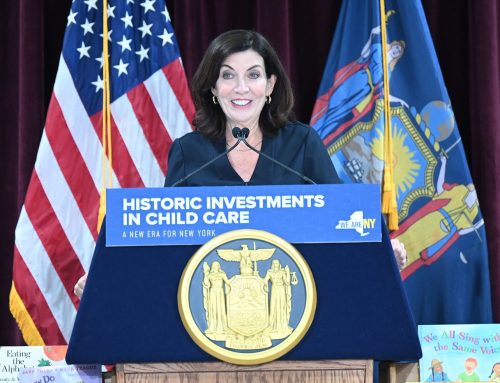
Social Media